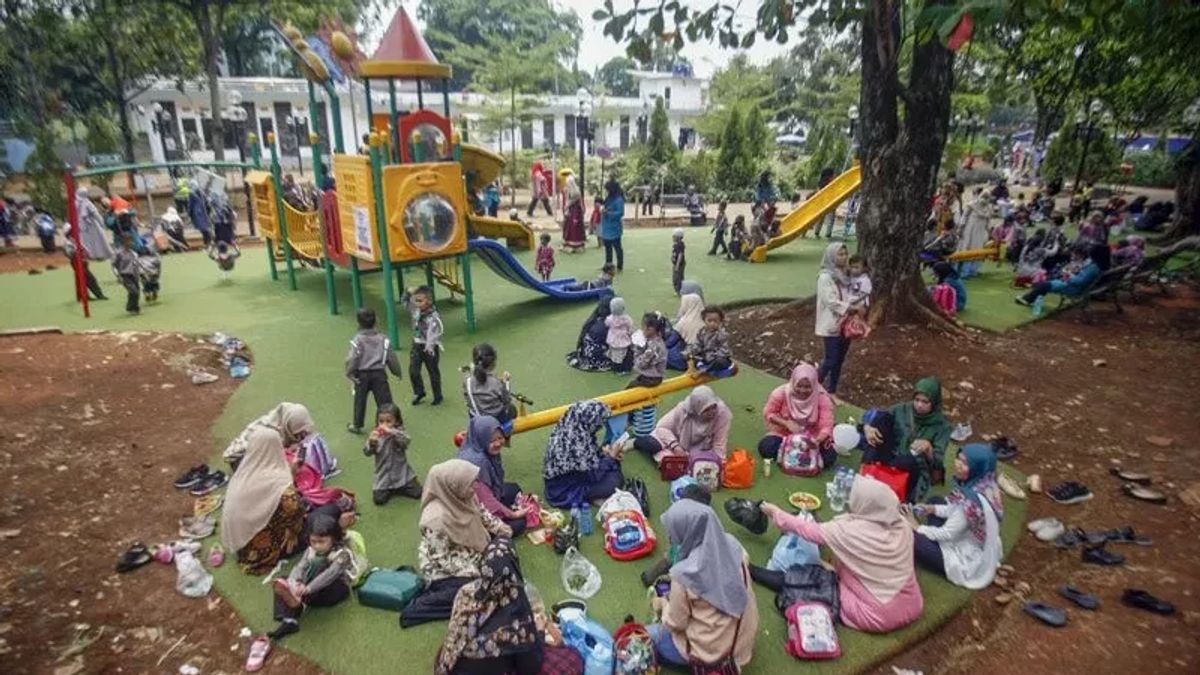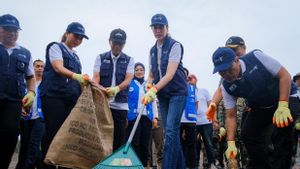JAKARTA - The Director General of Village and Rural Development (PDP) of the Ministry of Villages, Development of Disadvantaged Regions and Transmigration (Kemendes PDTT) Sugito reminded that policies and programs related to sustainable development goals (SDGs) need to pay attention to villages.
Sugito said this was related to data from the Central Statistics Agency (BPS) in 2021 which stated that a total population of 65.2 percent of Indonesia was women and children. Of that figure, about 43 percent live in the village.
"I hope it is not too much if we also pay attention to the village, because this large amount will be a big capital in achieving policies, programs, and development activities, including to achieve sustainable development goals in villages," in the event 'Launching Technical Guidelines for the Implementation of Child-Friendly City (KLA) in Villages/Kelurahan', quoted from Antara, Monday 16 January.
Therefore, said Sugito, efforts to achieve the goals of SDGs in villages, one of which is through facilitation of Women's Friendly and Child Care Villages (DRPPA).
"The DRPPA facility is an important part of the implementation of village development which is focused on efforts to achieve village SDGs," he said.
He said DRPPA was a new epicenter for village development in order to produce superior human resources in the village.
He added that children as determinants of the nation's future need attention.
"Children are the determinants of the nation's future, including in the village, they are a milestone for development," he said.
Sugito also appreciated all parties involved in the preparation of Technical Guidelines for the Implementation of Child-Friendly Cities in Villages/Kelurahan because the results of public tests received a positive response.
"The response is quite positive and the guidelines are in our opinion from our results that public tests are very reliable," he said.
The English, Chinese, Japanese, Arabic, and French versions are automatically generated by the AI. So there may still be inaccuracies in translating, please always see Indonesian as our main language. (system supported by DigitalSiber.id)













